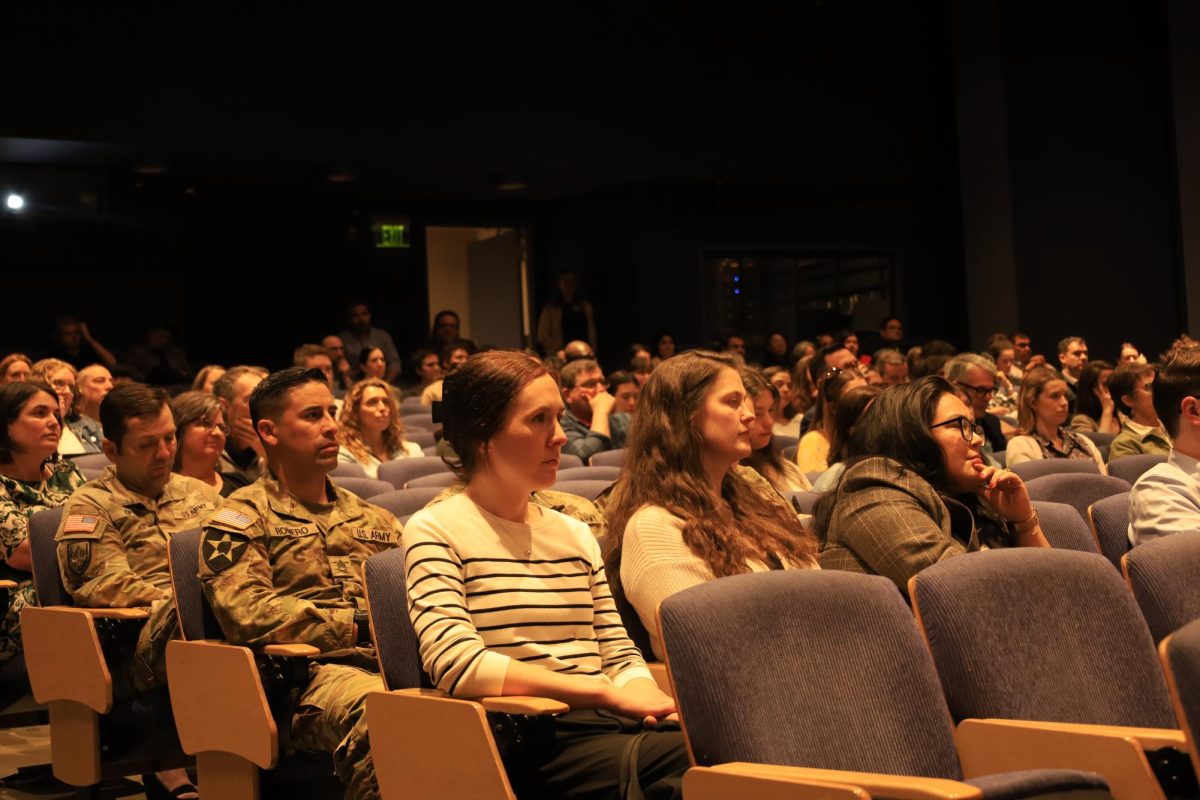Following the presidential election this past November, former President Donald Trump has once again made it into the White House and will be the 47th president of the United States. Ahead of Inauguration Day Jan. 20, the president-elect has announced a plethora of cabinet nominees for his administration. Some of the candidates include but are not limited to Hedge Fund CEO Scott Bessent as treasury secretary, Florida State Senator Mark Rubio as secretary of state, former Democratic Congresswoman Tulsi Gabbard as director of national intelligence, Army Veteran and former Fox News Host Pete Hegseth as secretary of defense, South Dakota Governor Kristi Noem as homeland security secretary and former Presidential Candidate Robert F. Kennedy Jr. as health and human services secretary.
The cabinet serves as an advisory body to the President, consisting of departments instilled within the executive branch to uphold the executive branch of the government. Those members are appointed by the president and have to be officially approved by the Senate after the confirmation process which is currently underway.
The last candidate to be rejected by the Senate was Texas Senator John G. Tower in 1989, as secretary of defense, nominated by President George Bush. The senate vote was 47-53, the main conflicts revealed concerns about Tower’s personal life with alcoholism and philandering with women.
The Senate has the authority under the Constitution to “advise and consent” the appointees. Following the nomination process the confirmation follows, the oversight committees within the Senate can begin the process of confirmation hearings and inspection of the candidates. There is an apparent loophole, the Recess Appointments Clause where the president can make temporary appointments when the Senate is not in session. Former Presidents Bill Clinton and George W. Bush utilized the clause to appoint candidates in the past. In the past, recess appointments have been challenged as unconstitutional by political scientists and even called for the Supreme Court to intervene.
Over the course of the last few months, students at Seattle University have formed their own opinions about the candidates selected by Trump and their qualifications. Several students agreed that the candidates are unorthodox to American politics.
Tabor Crary, a fourth-year international studies major at Seattle U, predicted future turmoil with the nominees.
“I think it’s a very interesting choice from the president-elect, in 2016 he elected a lot of people to the cabinet who he then fired six months later, so with his new appointments he’s trying to strengthen his base of Republican[s] who will back him no matter what,” Crary said.
Crary anticipated controversy as well as a strong rebound in power from the Trump administration the second time around.
“He wants to appear controversial and spit in the faces of those who defied his orders in the past. I think he wants to surround himself with yes-men and reward former loyalty. For instance, Tulsi Gabbard and [Robert Kennedy Jr],” Crary said.
Crary is unsettled by the future prospect of foreign policy and diplomacy of the United States with neighboring nations.
“I’m very concerned for many reasons, one for relations with Russia and China. Trump seems to want to strong arm them into bending their will with tariffs and attacking policy. Also, diplomatic relations with countries that we view as friends. They may see us as laughing stock looking at the candidate that we’ve democratically elected,” Crary concluded.
One person who was not entirely shocked by the nominees was Second-year Political Science Major Kamil Zaidi. He was interested in how the candidates may deliver in their roles if and when they are confirmed.
“I think obviously some of them are controversial both on the liberal side but with conservatives as well. However I think it’s not necessarily surprising. Trump ran on a promise to shake up the system in Washington, more in his second term than in his first. I am interested to see how that affects his approval rating, regardless of what the candidates do. It will be interesting,” Zaidi stated.
Zaidi, opposite of Crary, does not expect foreign relations to significantly change due to Trump’s cabinet picks.
“I don’t necessarily expect it to play a huge role in changing foreign relations. The United States is different, we’ve had cabinet heads in the past who’ve had very little government experience. They’ve mainly been political appointees and they’ve allowed the U.S. to maintain a strong diplomatic working relationship with a lot of countries. It will be interesting to see what people say behind the scenes,” Zaidi said.
He expects the confirmation process to go smoothly due to members of the Senate wanting to stay on good terms with Trump and the Republican party.
“I think a mass majority of them are going to be approved because the Republicans have a solid majority in the Senate. Trump’s power in the Republican party is hard to beat,” Zaidi ended.
Ruby Batch, a fourth-year political science major and vice president of the Political Science Club weighed in on the candidates. Batch expressed her own opinions on former Fox News Commentator Pete Hegseth being named nominee for defense secretary.
“It’s a common theme with almost every candidate not being qualified, specifically [Pete Hegseth] being a Fox News host, with those preconceived biases. Him in that position doesn’t look good for the war in Ukraine, what that means for our involvement or negotiating a peace deal. It does not look great,” Batch said.
Batch revealed how a lack of substance in the candidates appeals against the greater good of politics.
“Every single person in these positions is trying to work against the position that they are in by dismantling the organizations they’d work with. They’re trying to cause chaos.”
Batch encouraged students and young political scientists alike to not allow the upheavals in Washington politics to deter them from being politically active.
“Call your local representatives, being involved in local politics can help you be more connected to policy in your daily life. The state level is where most things that happen affect us the most, like our policies and constitution. Not saying national politics doesn’t affect us. I think staying connected to your neighbors and not being isolated,” Batch alluded.
Batch along with a wide demographic of younger voters is concerned about how this new administration will navigate social issues and who will look out for everyday Americans.
“The big areas of concern for the candidates are climate change, wealth and equality, immigration, foreign policy, immigration, public health, privatization and education. In every department that has to do with regulation, there is someone who has been appointed who doesn’t believe in climate change or vaccines. The main thing is all of these people are agents against the things their department serves to do. They are oppressing the agencies in the departments that work to serve the American People,” Batch ended.
With the possible upcoming installment of this new cabinet, Americans observe and begin to speculate what reality under this administration will entail.








